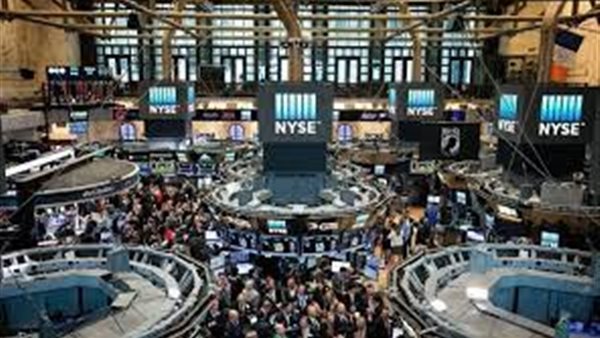As news of the Federal Reserve’s intention to proceed firmly with interest rate rises in its fight against inflation once more dampened sentiment on Wall Street, US stocks had their worst monthly performance since April.
After reaching its lowest point in nearly two years on Thursday, the (Standard & Poor’s 500) index sharply declined on Friday, making it the first time since 2009 that the index has undergone three consecutive quarters of decline.
US Treasuries had a decline on Friday as a result of sluggish operations at the month’s end, and the yield on 10-year notes increased to roughly 3.80%.
Risk assets are experiencing a decline after the Federal Reserve adopted its third significant rate hike last week and hinted at future similar actions.
This week, UK markets increased the pressure on US stocks as the British government disclosed significant tax cuts that raise the risk of inflation and cause market instability that the Bank of England struggled to control.
After momentarily assuaging investors’ worries on Friday, Federal Reserve Vice Chairman Lyle Brainard acknowledged the need to watch the effect of rising borrowing prices on the stability of the global market.
Stock prices did not significantly react to this message, however, as investors continued to pay attention to the high personal spending numbers that are one of the Fed’s favourite inflation gauges.
Investors are anticipating the jobs report for next week in order to gain additional insight into the Federal Reserve’s trajectory for interest rate increases. Information on whether there has been a discernible relaxation in pricing pressures will also be provided by anticipated inflation and GDP numbers.
In order to get a clear picture of how businesses are handling their operations in the face of headwinds like a strong dollar, increased spending, and slowing demand at a time when concerns about a global economic recession are rampant and rising interest rates threaten growth rates, eyes will also be turned to the corporate financial results season, which starts in October.
Given that challenging financial conditions and high interest rates are weakening economic performance and endangering financial stability, investors are both anxious and excited to learn about the trends of global central banks and their stance on monetary tightening, according to Interactive Brokers Chief Economist Jose Torres.
Geopolitical tensions also increased as US President Joe Biden declared that the massive leak of the gas pipeline “Nord Stream” in the Baltic Sea was deliberate and intentional and Russian President Vladimir Putin vowed that his nation’s annexation of four occupied regions in Ukraine is irreversible.
The American Stock Exchange is still declining, with three straight negative quarters in 2009.

